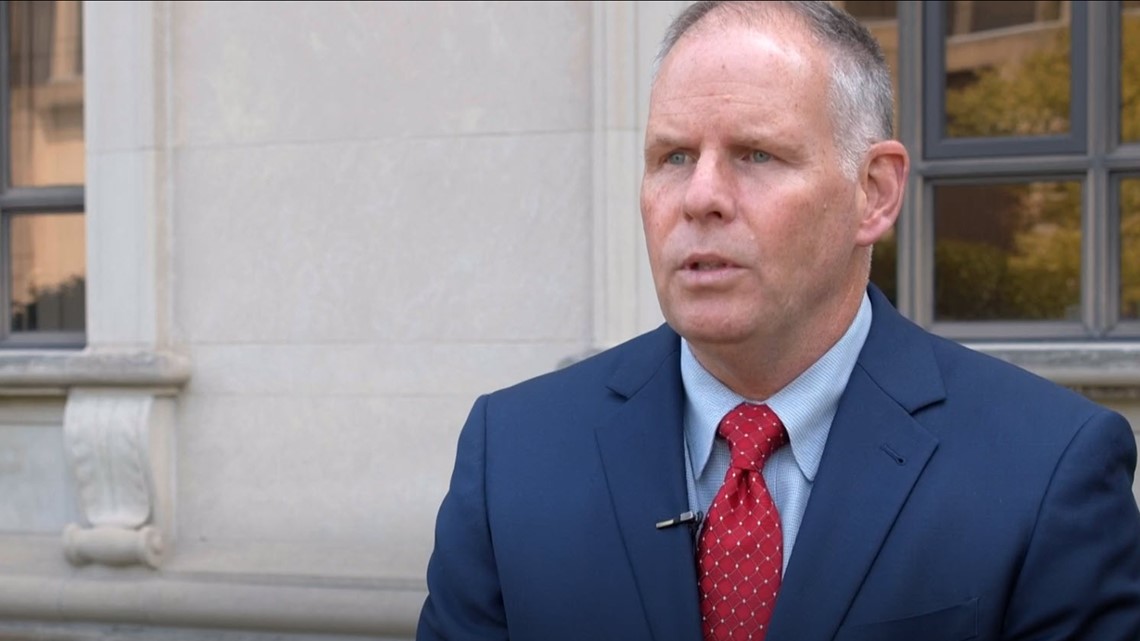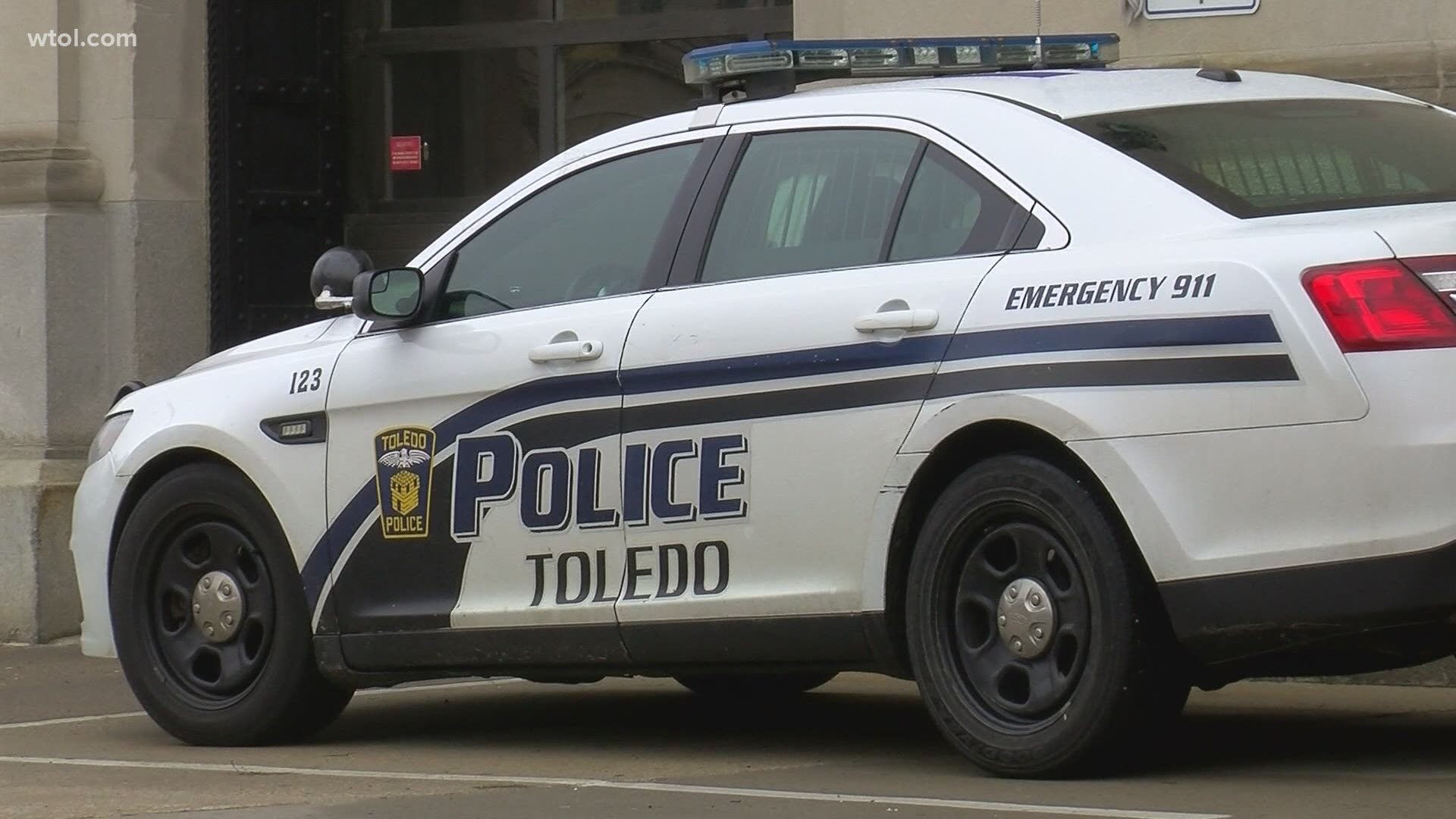TOLEDO, Ohio — Governor Mike DeWine's office responded Thursday afternoon to criticism from Toledo Police Chief George Kral about officers being left off the state's early COVID-19 vaccination schedule.
"We certainly understand the position of law enforcement. They are putting their lives at risk every day. We understand their point and we don't want to diminish it," DeWine spokesman Dan Tierney said in an interview with WTOL 11. "But if we are going to put people at the front of the line, a 35-year-old probably shouldn't go ahead of an 85-year-old woman with comorbidities."
Last week, Kral tweeted: "I am very dissapointed that the @OHdeptofhealth has determined that law enforcement officers do not qualify for the vaccines provided by the CDC for COVID-19 phase 1A. These front line officers are on the street day and night serving and deserve better."
In addition to being Toledo's police chief, Kral is also the vice president of the Ohio Association of Chiefs of Police.


POLICE CHIEF'S CONCERNS
"The last thing I want to do is to take a shot out of the arm of an elderly person that needs it," a frustrated Kral said when asked by WTOL 11 to react to Tierney's comments. "And I don't want firefighters, nurses, other healthcare workers to think that we are trying to bump them. But we are on the road 24-7, 365 days a year. Our job is to interact with the public. The last thing we want to do is infect them."
Tierney said that there is national consensus about vaccinating health care workers, long-term care staff and residents, and EMS personnel during Phase 1A. Those were the Dec. 1 recommendations of the CDC's Advisory Committee on Immunization Practices.
However, Ohio diverges from the CDC committee's recommendations for Phase 1B. The committee recommends that essential personnel, including police, and those 75 and older be included in Phase 1B. However, Ohio is reserving that second position for those 65 and older and school employees.
"My biggest fear is that we aren't even on any list," Kral said. "If it takes a month, month and a half, how many hundreds of thousands of people will we have interacted with? If I have an asymptomatic officer infecting someone who is trying to do the right thing by staying home. ..."
STATE'S REASONING BEHIND PHASE 1B
Tierney said the state's thinking with Phase 1B was to save as many lives as possible.
"We know that 52 percent of the state's deaths are over the age of 80 and 87 percent are 65 and over. When we looked at that, if we are going to save lives, that is where the deaths are occurring."
But nationwide, police officers are also dying from COVID-19. More than 300 officers have died after being infected by the virus. Mercy Health System included Toledo officers in an antibody study of first responders. Kral said that he and 240 other members of the department took part and police comprised 50 percent of all the people who tested positive for antibodies. All the other first responders that took part did not equal TPD's total.
"We get to every crash, every overdose first. My officers have brought back to life 201 people so far this year with Narcan. How are we not first responders?" Kral asked. "This is a big deal. I'm not trying to bump others off the list. But law enforcement officers need to be in the first round of vaccinations."
Many states, including Michigan, are including police officers in the second round of vaccinations.
After Tierney said it wouldn't be right for a young officer to be in line ahead of an elderly woman, it was pointed out that there could be a 35-year-old teacher going ahead of the 85-year-old woman. He responded that the state has a two-tiered plan - save lives and get students back in the classroom. He says data show many students are struggling in a remote-learning environment and that it's important for students to return to in-person learning. Governor DeWine has made it a goal to have students in the classroom by March 1.
"Some students are not being educated. This is a different goal. This is not a risk-based goal," Tierney says.
PLANS TO PLEAD OFFICERS' CASE
Kral acknowledged that DeWine has a nearly impossible job right now and he isn't expecting to get a call from him, but he said that the Ohio Association of Chiefs of Police is preparing a letter to the Ohio Department of Health and the governor's office to plead the case of officers.
"2020 has been such a bad year for law enforcement - George Floyd, the riots, Anthony Dia dying in the line of duty. We've had two active officers die from medical reasons. Now we see the light at the end of the tunnel and told that we're not good enough," Kral said.
"I'm not being stuck up or acting that we are more important. But people call us when they need us. We go into their homes. Now we could be giving them COVID.

